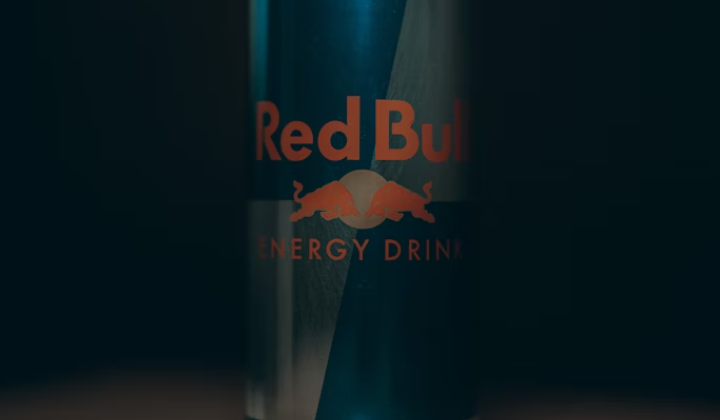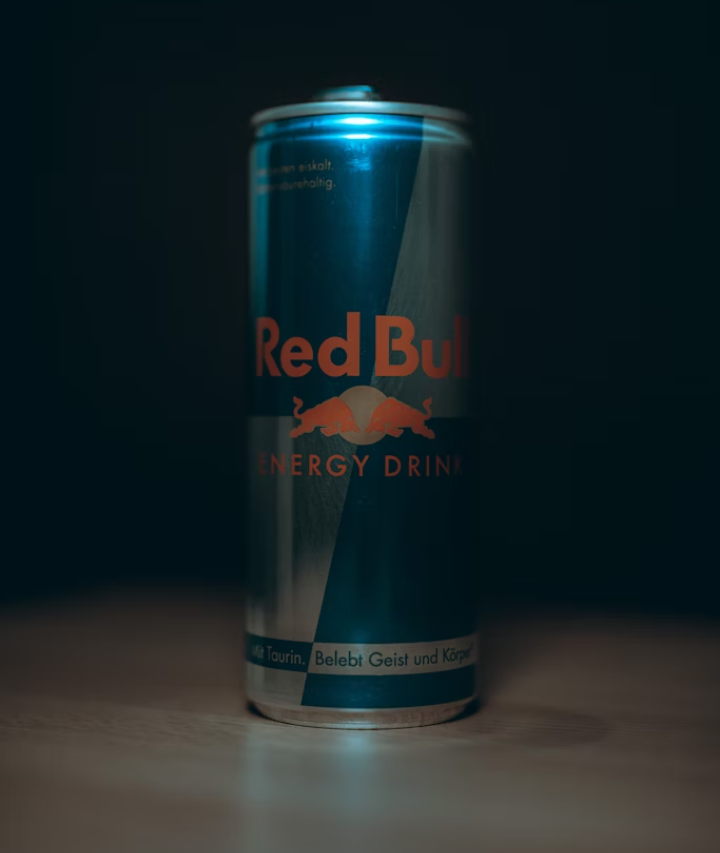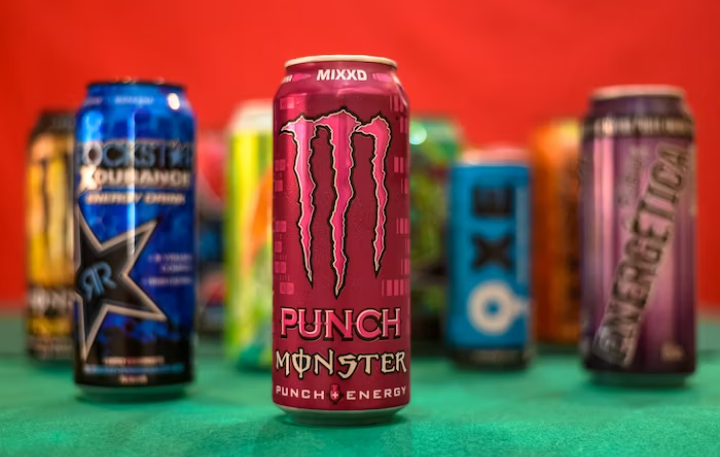

Picture this: you’re standing in front of the cooler at your local convenience store, staring at a rainbow of energy drink cans. How do you know which one will give you the buzz you need without sending you into caffeine overdrive? Caffeine, the world’s most consumed psychoactive substance, fuels our daily lives in various forms. From morning pick-me-ups to late-night study sessions, its stimulating effects are ubiquitous. Energy drinks have emerged as one of the primary vehicles for delivering this potent stimulant. But just how much caffeine lurks within each colorful can? Join us as we embark on a journey through the caffeinated cosmos to unravel the caffeine content of every energy drink.
Mapping the Caffeine Landscape
Beneath the vibrant labels and catchy slogans lies a spectrum of caffeine concentrations waiting to be explored. From Red Bull to Monster, each brand boasts its own unique blend of ingredients and caffeine potency. Our visual guide will navigate you through this labyrinth of beverages, shedding light on the caffeine content of every popular energy drink. Armed with knowledge, you’ll be equipped to make informed decisions about your beverage of choice.
Empowering Your Choices: Making Informed Decisions
As consumers, understanding the caffeine content of energy drinks empowers us to regulate our intake responsibly. Whether you seek a gentle buzz or a jolt of energy, knowing the caffeine content allows you to tailor your consumption to your individual needs. With our visual guide as your compass, you can confidently navigate the sea of energy drinks, ensuring that each sip aligns with your desired level of alertness.
Visual Guide: Navigating the Caffeine Jungle

We get it – you’re busy, and you want the lowdown at a glance. That’s why we’ve crafted a visual guide to help you decipher the caffeine content of every energy drink on the market. It’s your roadmap to the caffeinated jungle, ensuring you choose the right potion for your energy needs.
1. Red Bull: The Pioneer: Red Bull, the OG of energy drinks, packs a punch with 80 mg of caffeine per 8.4 ounces. It’s the go-to choice for those seeking a quick pick-me-up without going overboard.*
2. Monster: Monster Energy, with its edgy design, is not messing around. Brace yourself for 160 mg of caffeine in a 16-ounce can. It’s the go-big-or-go-home choice for the fearless warriors seeking an energy boost that roars.
3. Rockstar: Amping Up the Game*Rockstar, the cool kid on the block, matches Monster with 160 mg of caffeine per 16 ounces. It’s the choice for those who want to channel their inner rockstar and conquer whatever comes their way.
Cautionary Tale: Too Much of a Good Thing
Before you start chugging energy drinks like water, a word of caution. While caffeine can be your ally, it’s essential to know your limits. Overconsumption can lead to jitteriness, insomnia, and even more severe health issues. Stay within the recommended daily caffeine intake to keep the buzz positive.
Conclusion
In the vast sea of energy drinks, armed with our visual guide, you’re now equipped to make informed choices. Whether you’re a Red Bull loyalist, a Monster enthusiast, or a Rockstar rebel, remember – moderation is the key to unlocking the perfect energy boost without the crash. So, the next time you reach for that can of liquid energy, do it with confidence. Your caffeinated adventure awaits, and with our visual guide, you’re ready to navigate the caffeine content of every energy drink like a seasoned explorer. Cheers to staying energized and conquering your day!
Frequently Asked Questions
1. What is the average caffeine content in energy drinks?
The caffeine content in energy drinks varies widely, but on average, most contain between 70 to 200 milligrams of caffeine per 16-ounce serving. It’s essential to check labels as some energy drinks can have significantly higher or lower amounts, and individual tolerance to caffeine varies.
2. How does the caffeine content in energy drinks compare to other beverages?
Energy drinks typically have higher caffeine concentrations than traditional sodas or even coffee. While a standard 8-ounce cup of coffee contains around 95 milligrams of caffeine, energy drinks can exceed this amount, ranging from 80 milligrams to over 300 milligrams per serving.
3. Are there health risks associated with consuming high-caffeine energy drinks?
Excessive consumption of high-caffeine energy drinks can lead to adverse health effects, including increased heart rate, insomnia, and in some cases, more severe issues like heart palpitations or high blood pressure. It’s crucial to be mindful of individual tolerance levels, avoid mixing with alcohol, and consider consulting with a healthcare professional, especially for those with pre-existing health conditions.
